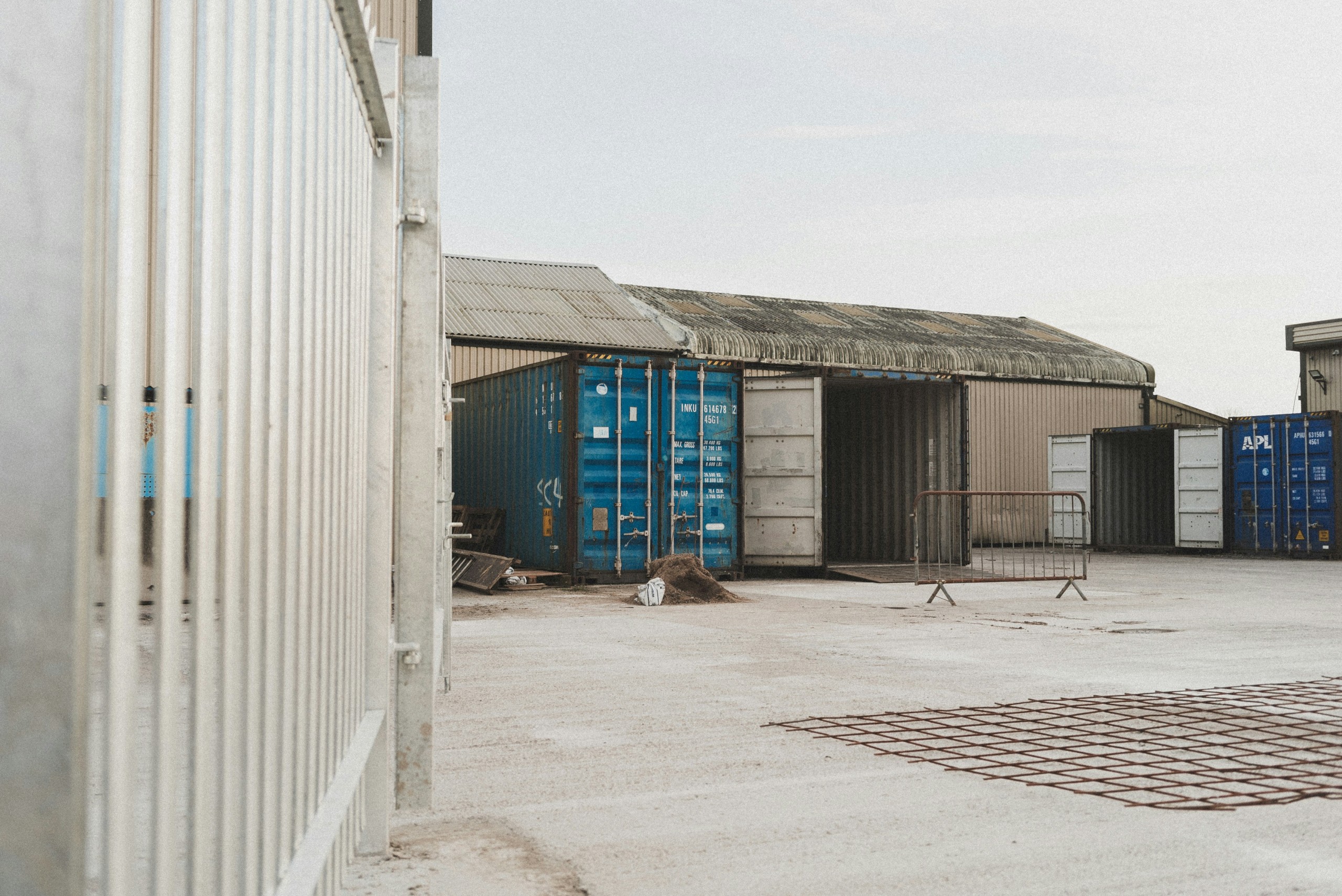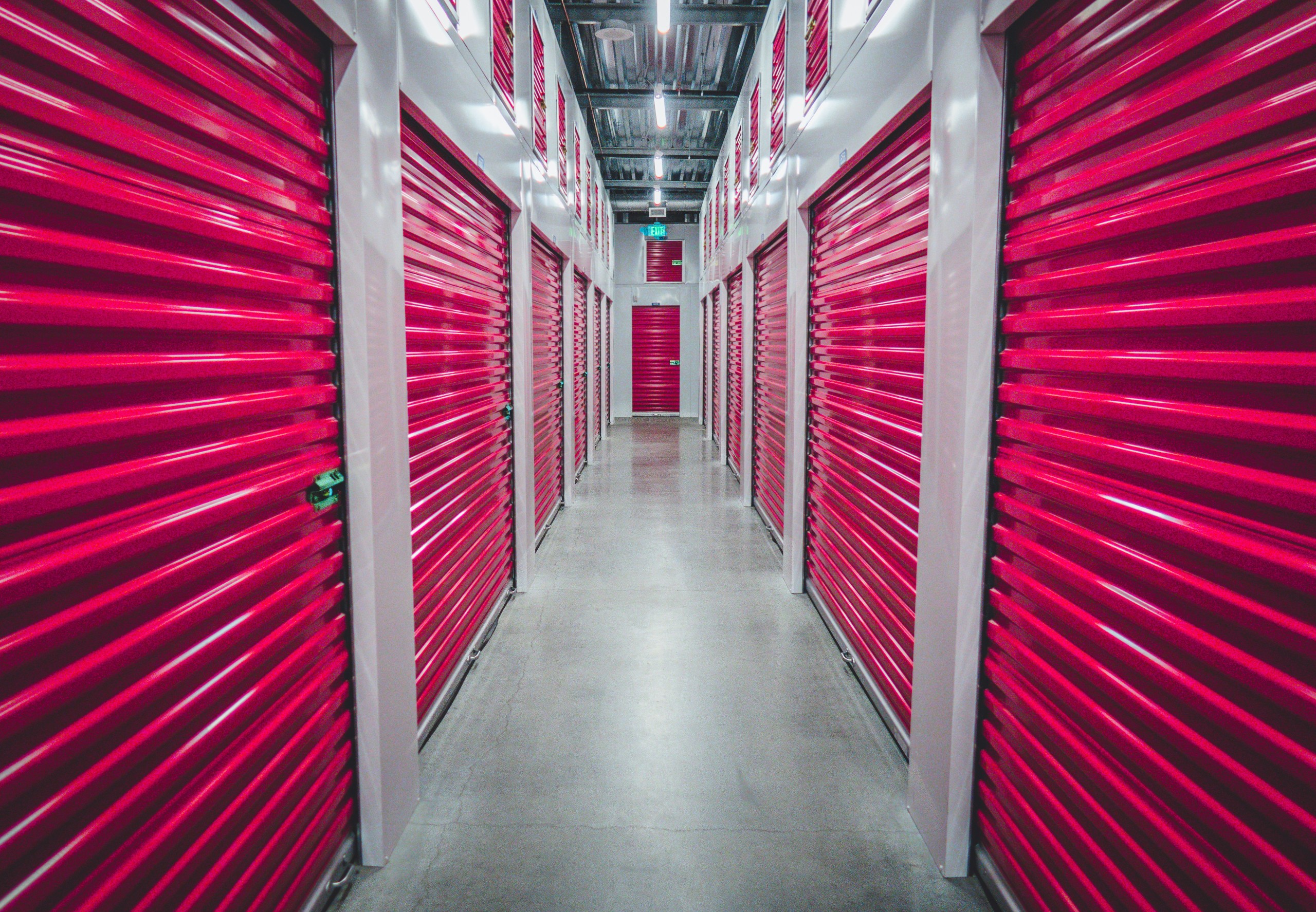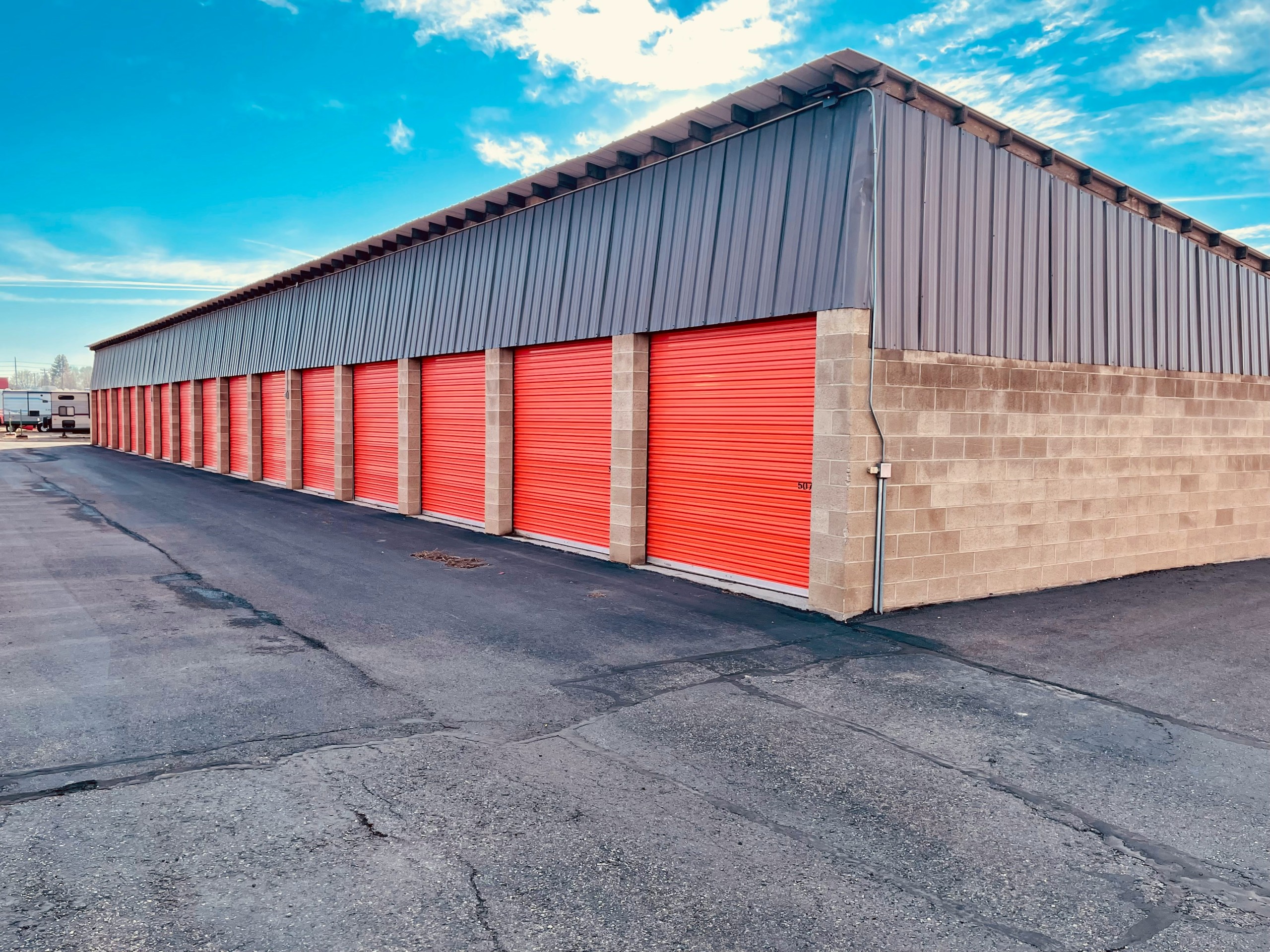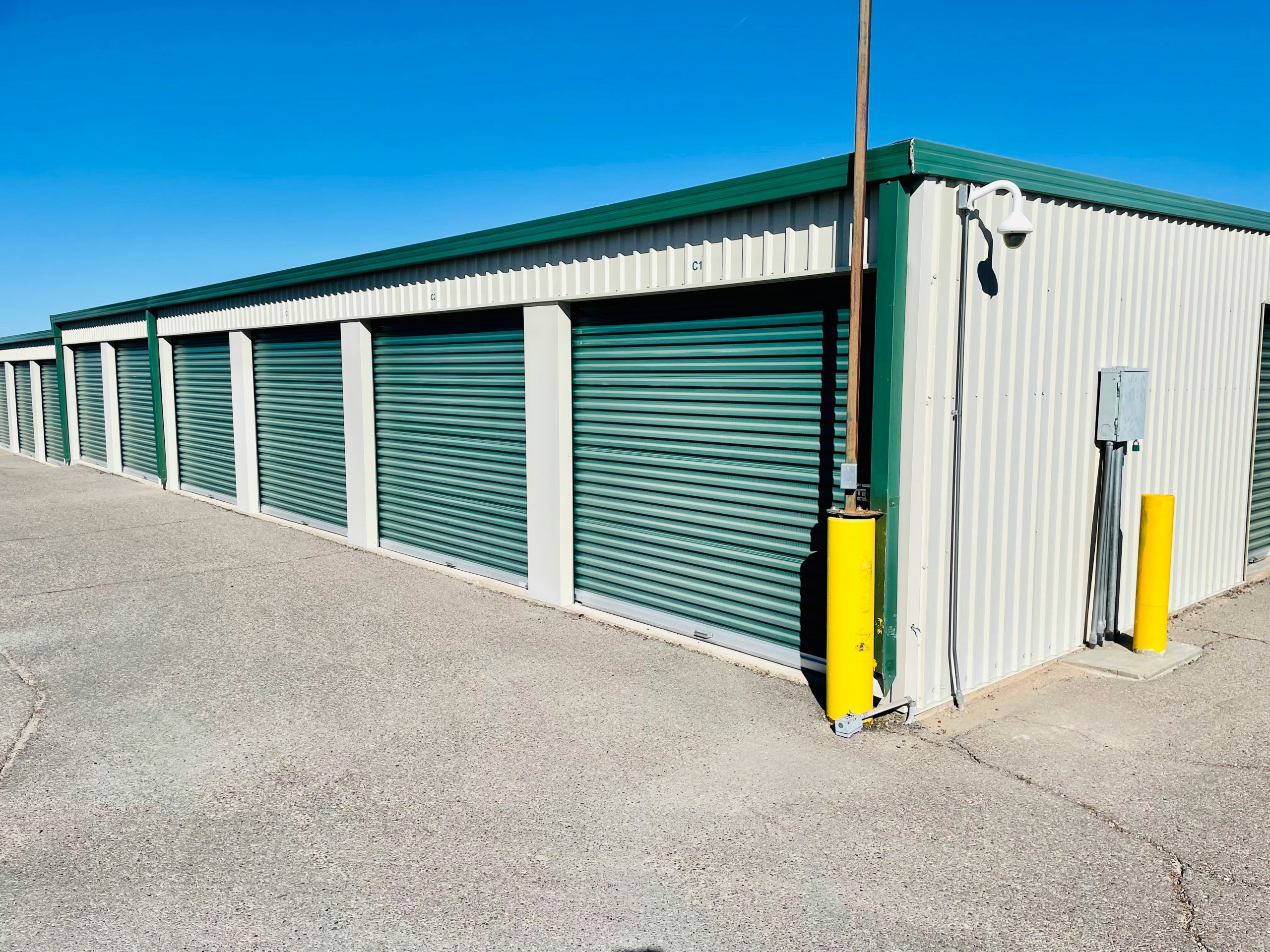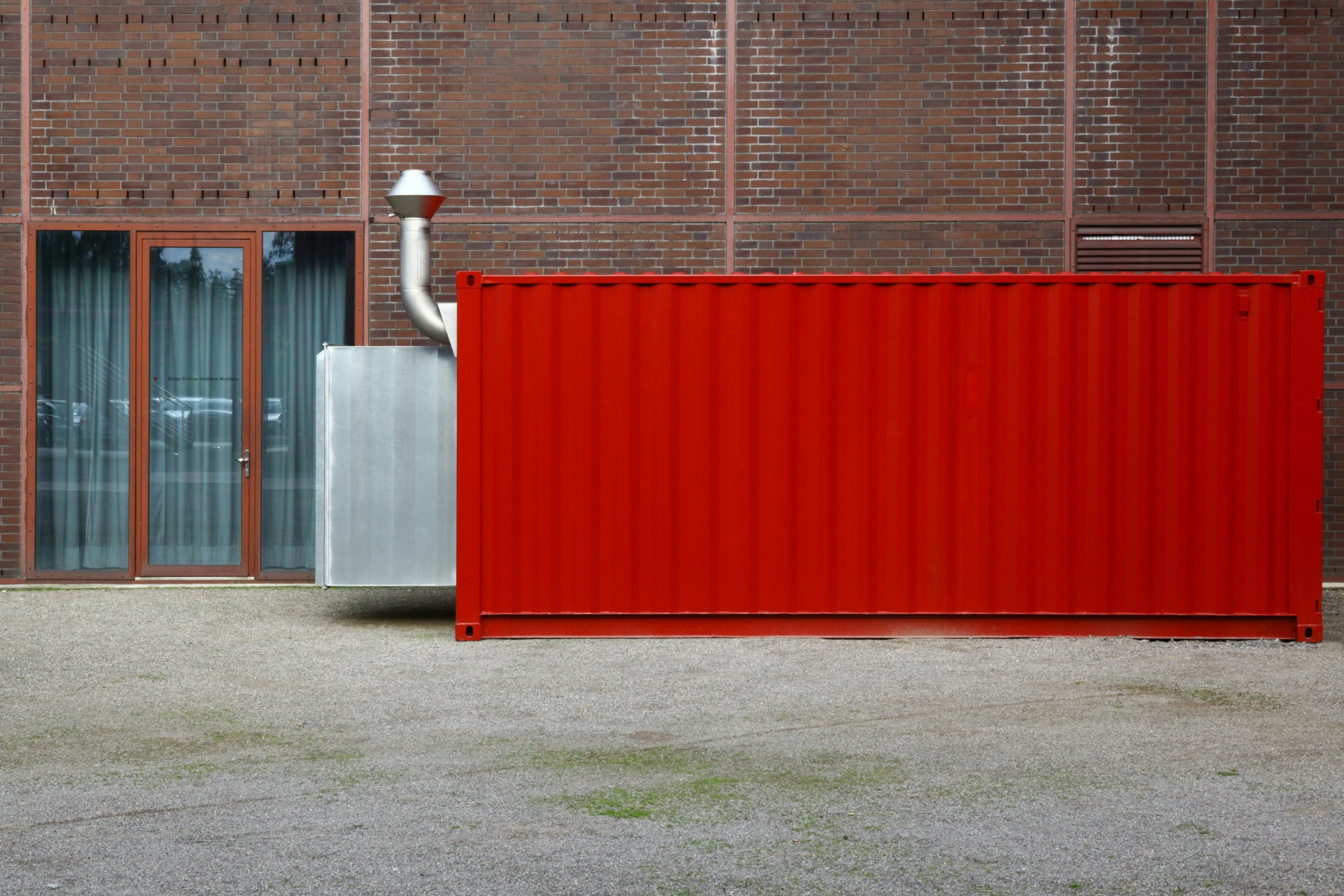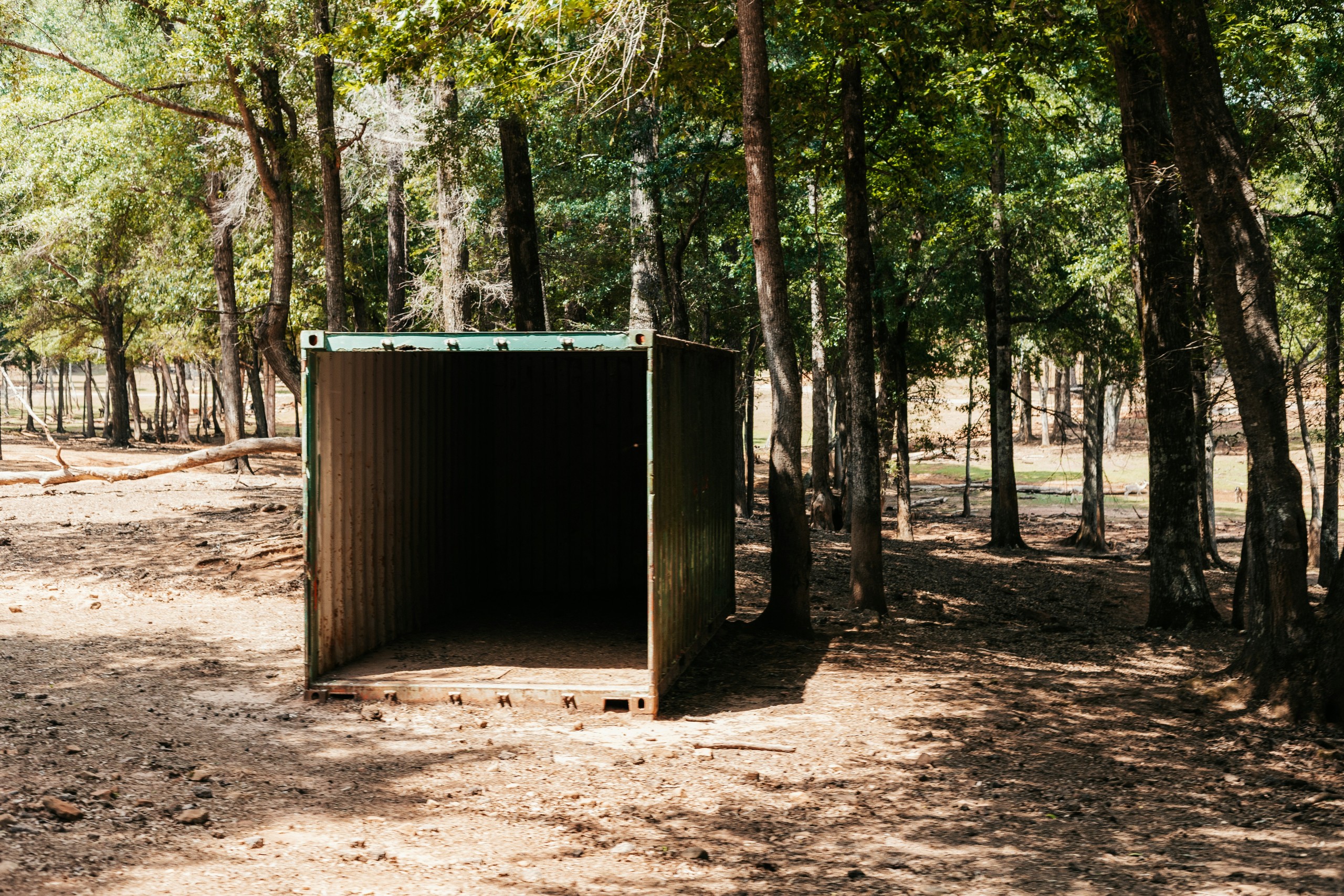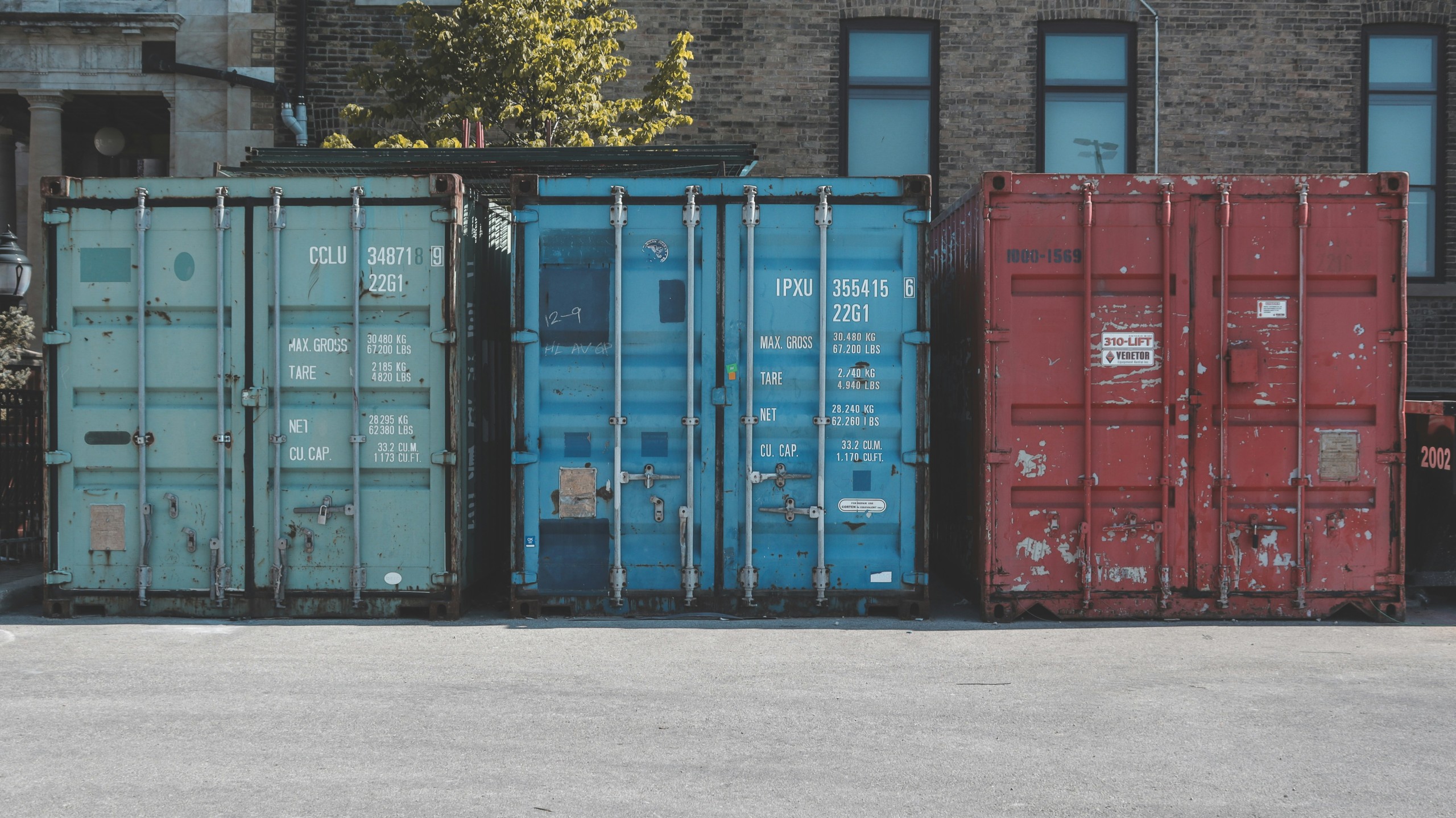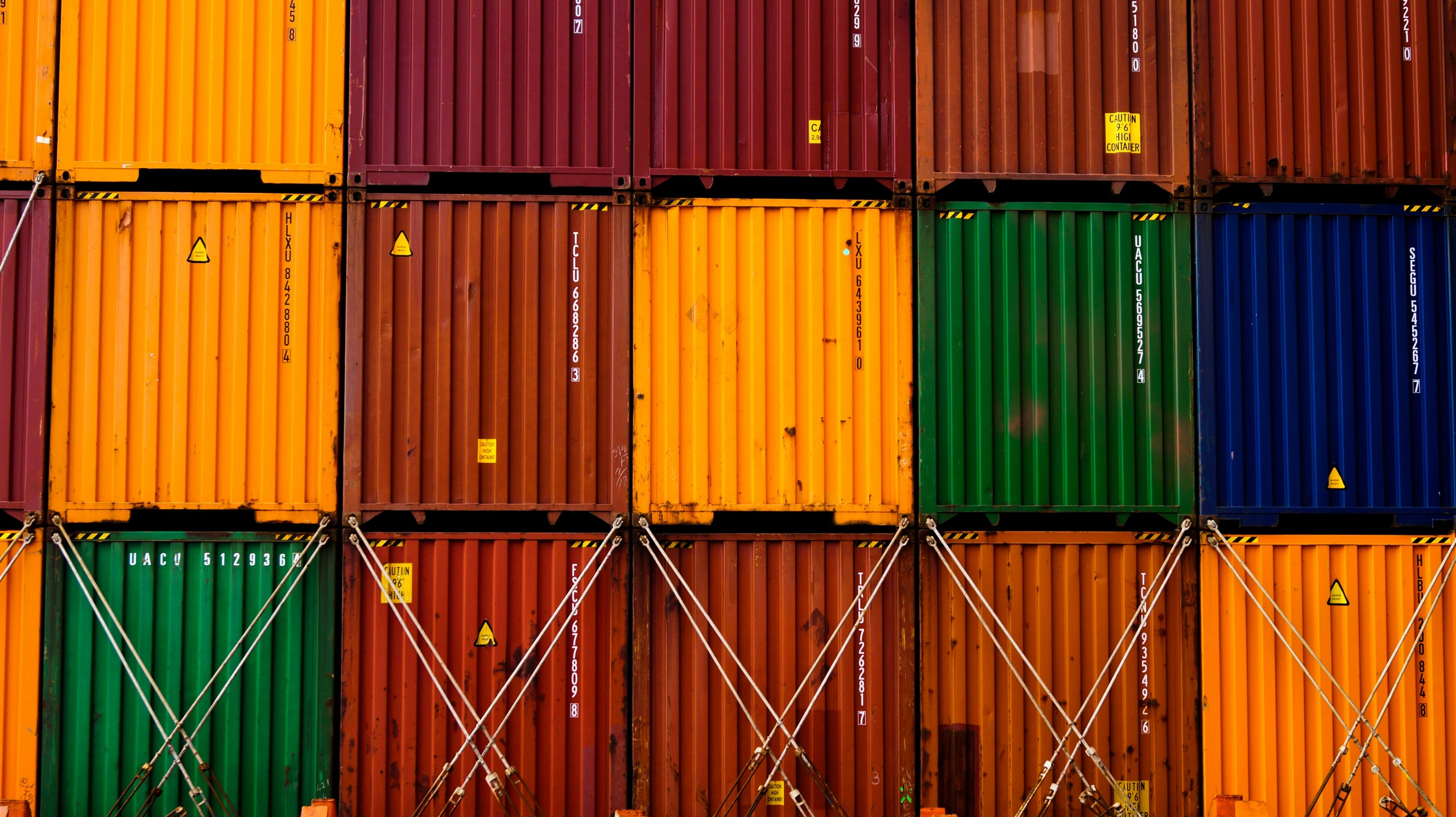
Shipping Containers vs Storage Units
Shipping Containers vs Storage Units: Which is the Better Choice?
When you need extra space, two of the most common options are renting a storage unit or buying a shipping container. At first glance, they might seem similar—both provide secure storage space for your belongings. But when you dig deeper, the differences in cost, flexibility, durability, and long-term value become clear.
If you’re considering which option is right for you, this guide will walk you through the key differences so you can make the best decision.
What is a Shipping Container?
Shipping containers are steel structures originally built to transport goods across oceans. Because of this, they’re designed to withstand extreme weather, heavy use, and long-term wear.
Today, shipping containers are repurposed for a wide variety of uses beyond transport:
- On-site storage (tools, vehicles, business inventory, furniture, seasonal items)
- Workshops and offices (customized with insulation, electricity, and doors)
- Pop-up businesses (cafes, retail spaces, and mobile shops)
Standard shipping container sizes include 20ft, 40ft, and 40ft high cube containers (which offer an extra foot of vertical space). All containers are built from heavy-duty Corten steel and are wind and watertight, meaning they protect your items from rain, dust, and pests.
When you purchase a container, you own it outright. It sits on your property, giving you 24/7 access to your belongings without ongoing rental fees.
What is a Storage Unit?
A storage unit is typically a space you rent from a facility on a monthly basis. These units are available in various sizes, and some facilities offer climate-controlled options for sensitive items.
While storage units provide extra space, they come with limitations:
- Recurring monthly fees that add up over time
- Restricted access hours, depending on the facility
- Shared property security, which may vary by location
- Lack of ownership, since you’re only renting, not investing in an asset
Storage units can work for short-term needs or if you don’t have room for a container on your property, but they’re not always the most cost-effective solution.
Cost Comparison: Shipping Container vs Storage Unit
One of the biggest differences between shipping containers and storage units is the cost structure.
- Shipping Container: A one-time purchase. Once you buy your container, it’s yours. You can use it for decades without ongoing fees. A 20ft used container is often priced in the range of a few months’ worth of storage unit rental, making it a cost-effective option long term.
- Storage Unit: Recurring monthly payments that add up quickly. The average 10×20 storage unit costs hundreds of dollars per month, which can total thousands per year. Over 5–10 years, renting can cost far more than simply buying a container outright.
👉 If you plan on needing storage for more than a few months, buying a container usually saves you money.
Security & Durability
When you store your valuables, you want to know they’re safe.
- Shipping Container: Built from heavy-duty steel, designed to survive harsh shipping conditions. Containers are wind and watertight, protecting against rain, snow, pests, and dust. With secure lockboxes, they’re difficult to break into, giving you peace of mind. This makes them an incredibly secure choice for storage.
- Storage Unit: Security depends on the facility. Some offer gated access and cameras, but units are typically made of thinner materials and may be more vulnerable to theft or damage. Storage units rely on the facility’s overall security. While many are safe, they can be more vulnerable to break-ins, pests, or water leaks.
Flexibility & Uses
One of the greatest advantages of containers is their versatility. A shipping container can be:
- A storage space for tools, equipment, or household goods
- A workshop or hobby room
- A mobile office or studio
- Even a foundation for a custom building project
- You can even find more uses for shipping containers on our other blog here.
A storage unit, on the other hand, is limited to storage only. You can’t customize it, and you have to follow the facility’s rules.
👉 Shipping Containers – Unlimited uses beyond just storage.
Convenience & Access
Shipping Container: Your container is on your property, meaning you have 24/7 access whenever you need it. No driving to a facility or being limited by office hours. No restrictions on what you store (as long as it’s legal and safe).
Storage Unit: Access is usually limited to facility hours, and you may have to travel back and forth to get what you need.
👉 Having a container at home or at your business saves time and effort—especially when you need regular access.
Environmental Considerations
Repurposing shipping containers helps reduce waste by giving new life to steel structures that would otherwise sit unused. Choosing a container is not just cost-effective, but also a sustainable, eco-friendly choice.
Storage units, by contrast, require new construction and ongoing facility maintenance, which increases environmental impact.
Frequently Asked Questions
- How long does a container last?
With proper care, shipping containers can last 25 years or more. - Do containers need maintenance?
Minimal maintenance is required—just occasional inspections for rust or wear. - Can I move my container if I relocate?
Yes, containers are designed to be portable. You can transport them to your new property when needed. - Are there size options available?
Absolutely! Our available options for sizing include 20ft, 40ft, and 40ft high cube containers.
Final Thoughts: Which is Right for You?
If you’re looking for a short-term solution, a storage unit might be fine. But if you want ownership, long-term savings, flexibility, and security, a shipping container is the smarter choice.
At UsedConex.com, we offer a wide range of new and used shipping containers, including 20ft, 40ft, and 40ft high cube options and even specialty containers. All of our containers are wind and watertight, ensuring your belongings are protected.
👉 Ready to make the switch? Browse our containers today and discover why more people are choosing shipping containers over storage units.
Published August 20, 2025 • Updated August 20, 2025


